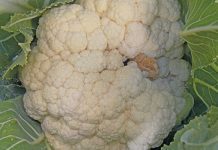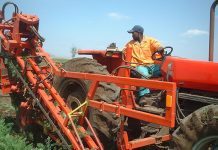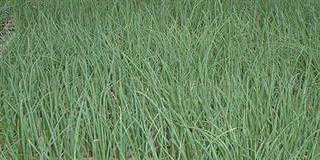But it takes time and effort from both parties to make that oil flow smoothly and work its way through the system. What happens, then, when the trust is broken by the producer? What are the ramifications for his business?
There are many ways a farmer can break a trust relationship; I would like to have a closer look at the problem introduced when a farmer decides to split loads between his existing agent and another on the same market. Some farmers believe this will keep both agents on their toes.
In fact, the opposite is true.Splitting a load shows the original agent that the farmer’s loyalty is in question, while the new agent does not know if he or she will ever achieve ‘most favoured’ status with the farmer.
For this reason, neither agent will put in the same effort as when there is a solid one-farmer, one-agent relationship.
Emotional cost
Many farmers fail to appreciate the emotional cost to an agent when a trust relationship is severed. A cynic might reply, “So what? This is business and there’s no room for emotion.” But the reality is that, having worked together for a long time, a farmer and an agent develop a strong ‘emotional’ bond.
Splitting loads also has an effect on buyers. Buyers develop loyalty to certain brands on the market floor. It becomes part of a buyer’s routine to stop at an agent who offers a particular brand. In turn, the agent ensures that there is enough stock for the buyer.
Don’t weaken your brand
The agent has made an effort to nurture the buyer to the stage where he or she is a loyal supporter of that brand. Suddenly the brand is also available at another agency.
Does the buyer support the other agent? Or split his business between the two of them? Most unlikely. The result is that the brand’s impact is weakened. Splitting loads is a no-win situation for everybody.
Mike Cordes is an agricultural journalist, consultant, trainer and former farmer.













